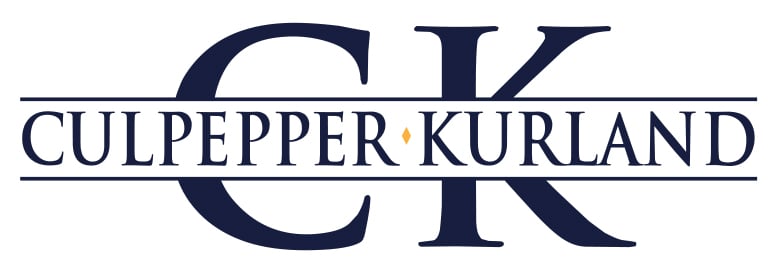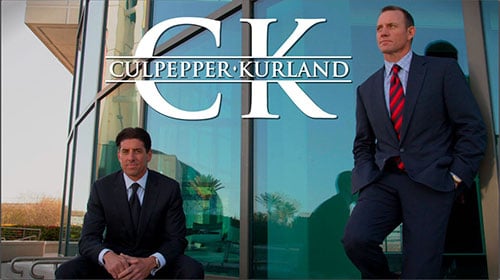Due to its notoriety as a tourism destination and position as an import/export hub, Florida highways are busy year-round. Unfortunately, all of this traffic increases the odds of truck-involved traffic accidents.
As a result, insurance claims for truck accidents are more complicated than for the average motor vehicle collision. The possibilities run the gamut from distracted drivers to negligence.
But who is liable, the company or its driver, and how is culpability assessed? What if the driver is an independent owner-operator running on a deadline as part of a supply chain? Are the clients responsible for the result of an accident, is it all on the driver, or do both parties share responsibility?
Key differences between car and truck accidents
Even if a car is part of a commercial fleet, the potential damages and liability are different than motor vehicle accidents involving trucks. Aside from the obvious size difference between an automobile and a truck, the laws governing vehicle operation vary.
For example, federal laws determine how long an operator may drive at a stretch and when they must take a break. There are even laws about how much a load can weigh, what can be transported within or outside of a state, and how the haul should be secured.
Laws regulating trucks and passenger vehicles are different
Licensing and certifications are different for commercial drivers, as are insurance requirements. An independent owner will be required to have coverage up to a certain dollar amount on their vehicle, but insurance for the cargo may be paid by the client. Either way, you can be sure that the adjusters will be looking out for their own financial interests and trying to minimize liability.
Liability can extend to multiple parties
For example, an accident involving a driver who is operating past the mandatory limits will be in violation of federal regulations, and possibly local or state laws as well. If the accident was due to an equipment malfunction, responsibility could be shared between the company that maintains the fleet and the equipment manufacturer. When the accident was due to an unsecured or unbalanced load, the fault may lie with the crew on the loading dock. That is, unless the driver was acting recklessly and caused it to shift.
Companies are responsible for their drivers to a certain extent, but the driver must comply with government regulations regarding operation as well as company policy. Because there are so many possible variables, the process of determining liability and settling claims could be long and arduous.


